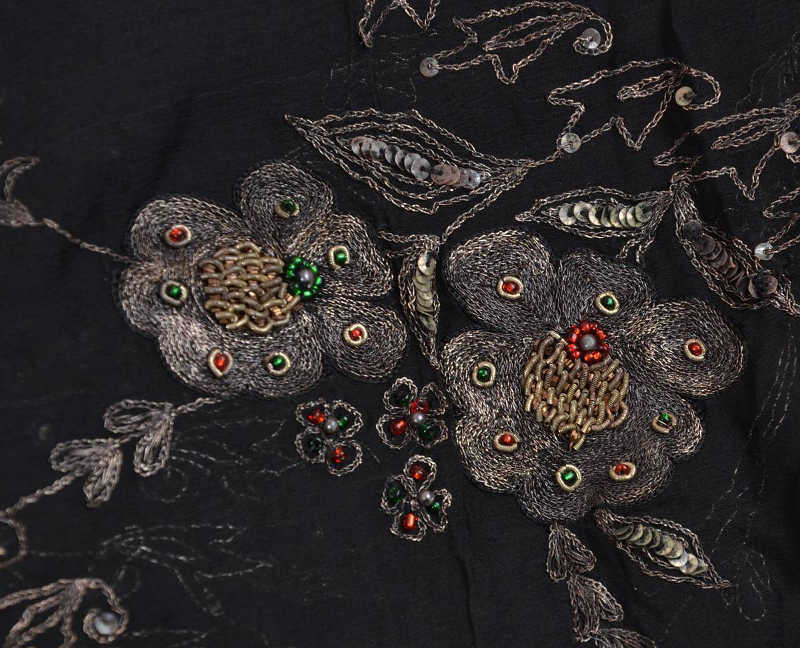===
0095,
6
===

|
=== |
 |
FWP:
SETS == EXCLAMATION
MOTIFS == DESERT; SOUND EFFECTS; WINE-HOUSE
NAMES
TERMS == VERSE-SETUnusually, the whole verse contains no finite verb, yet it's not part of a verse-set. It's simply a reflection about 'the memory of those days'.
We get the sense that the speaker's present state is entirely different, so that those former times are nothing more than a cherished memory. But of course, we can't tell how it's different-- is he now (mystically) beyond all that? Physically incapable of all that? Bored by all that? Nostalgic for all that? Amused by the memory of all that? Casually chatting with an old friend? Dying? Dead?
The yād-e ayyāme also helps to create an enjoyable sound echo with the either-or clauses in the second line: we have yād at the start of the first line, then in the second line, both at the beginning and at the midpoint, yā-d and yā-d .
The door of the wine-house is almost always open, and inviting sounds and aromas tempt the passerby; in strong contrast, the desolate 'door' of the desert doesn't exactly beckon one to enter. Yet the speaker finds that in his memory, intriguingly, it's the door of the desert that was 'open'. Are we to think of the speaker as a faqir or beggar who was not actually permitted to enter the wine-house, so that the only (relatively?) open 'door' was that of the desert? And in any case, why didn't he ever enter the desert? SRF says it's because he was a darvesh, which is possible but of course not the only possibility. Here are more mysteries, more conjectures that we're invited (or required) to make for ourselves.